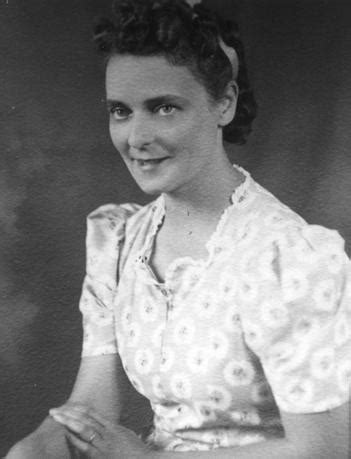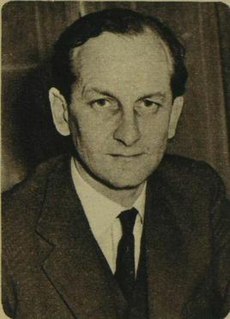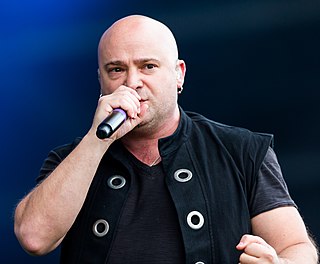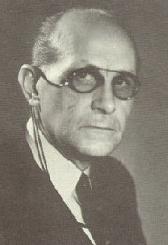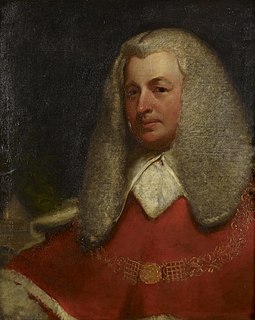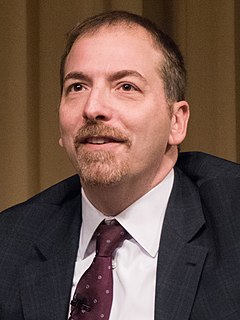A Quote by Stewart Udall
As the master politician navigates the ship of state, he both creates and responds to public opinion. Adept at tacking with the wind, he also succeeds, at times, in generating breezes of his own.
Related Quotes
The foundation is being laid for the emergence of both wind and solar cells as cornerstones of the new energy economy. World wind generating capacity grew from 7,600 megawatts in 1997 to 9,600 in 1998, an expansion of 26 percent. At a national level, Germany led the way, adding 790 megawatts of capacity, followed by Spain with 380 megawatts, and the United States with 226 megawatts. In the past, U.S. wind generating capacity was concentrated in California, but in 1998, wind farms began generating electricity in Minnesota, Oregon, and Wyoming, broadening the new industry's geographical base.
See how he cowers and sneaks, how vaguely all the day he fears, not being immortal nor divine, but the slave and prisoner of his own opinion of himself, a fame won by his own deeds. Public opinion is a weak tyrant compared with our own private opinion. What a man thinks of himself, that it is which determines, or rather indicates, his fate.
The doctors take the bodily evidence as the disease. . . . disease is itself an impudent opinion. He throws off the feelings of the sick and imparts to them his own which are perfect health, and his explanation destroys their feelings or disease. . . . He is like a captain who knows his business and feels confident in a storm, and his confidence sustains the crew and ship when both would be lost if the captain should give way to his fears.
History has shown us many times that if the state repressively forces the redistribution of wealth and social justice, it becomes dangerous both for democracy and for human creativity. Yet, restraining the excesses of a capitalist structure that creates new inequities seems to need more than good public policy.
When man has mastered money he shall have mastered not only his economic problem of prosperity but also his political problem, for he will see that money has no place in state functions, and, the money power being entirely in his own hands, he will easily master the state and clearly define its services. Thus money must be seen as the means of mastery of all economic and political problems. Until we have mastered money we shall not master any of our problems. Not money, but a false money system, is the root of all evil.






